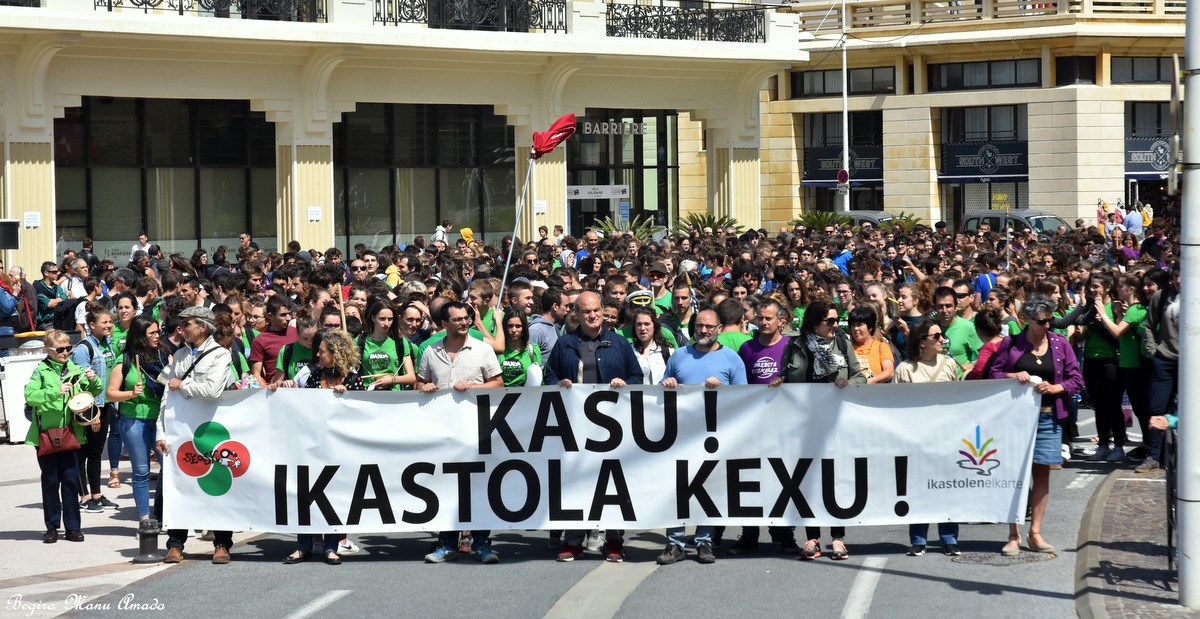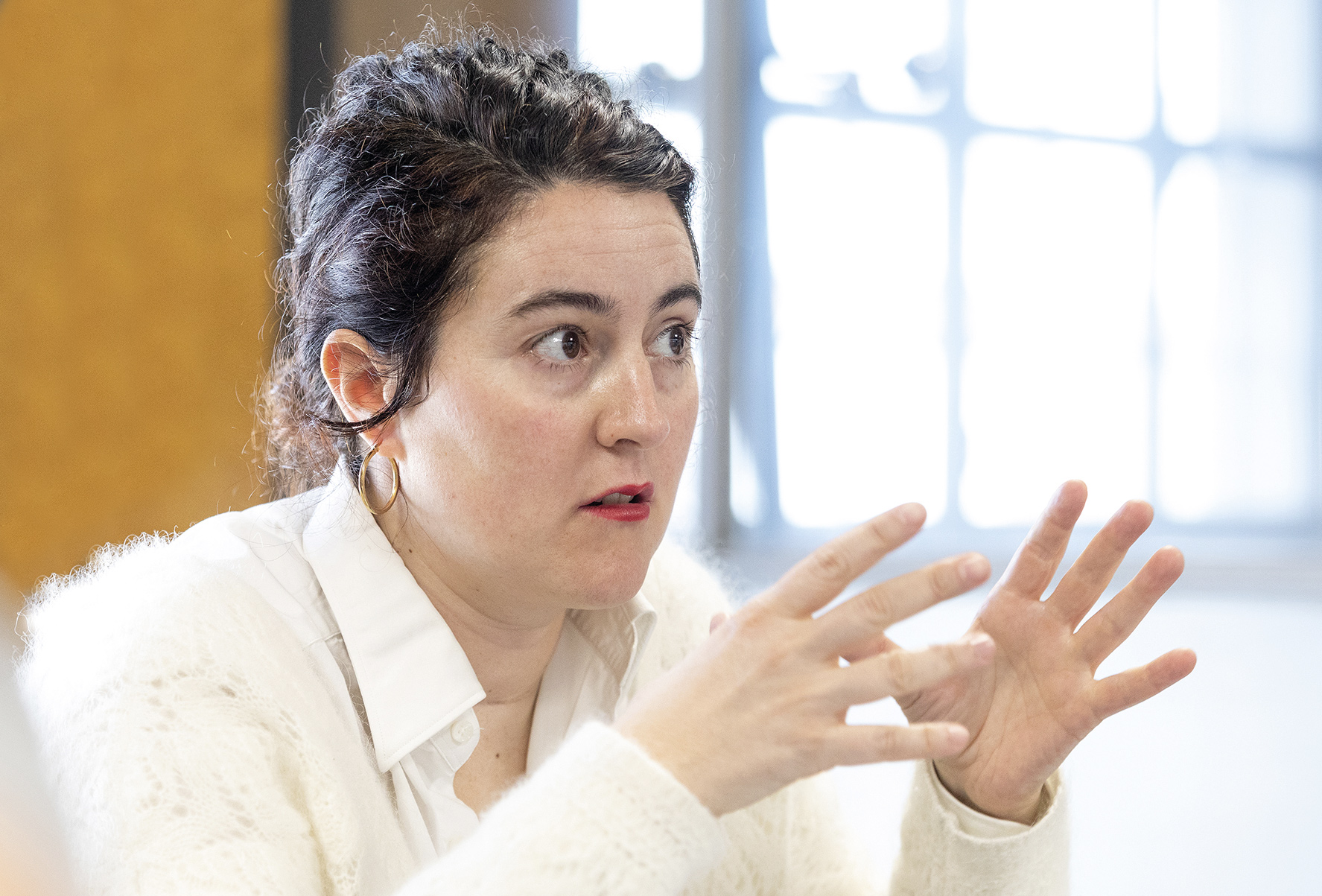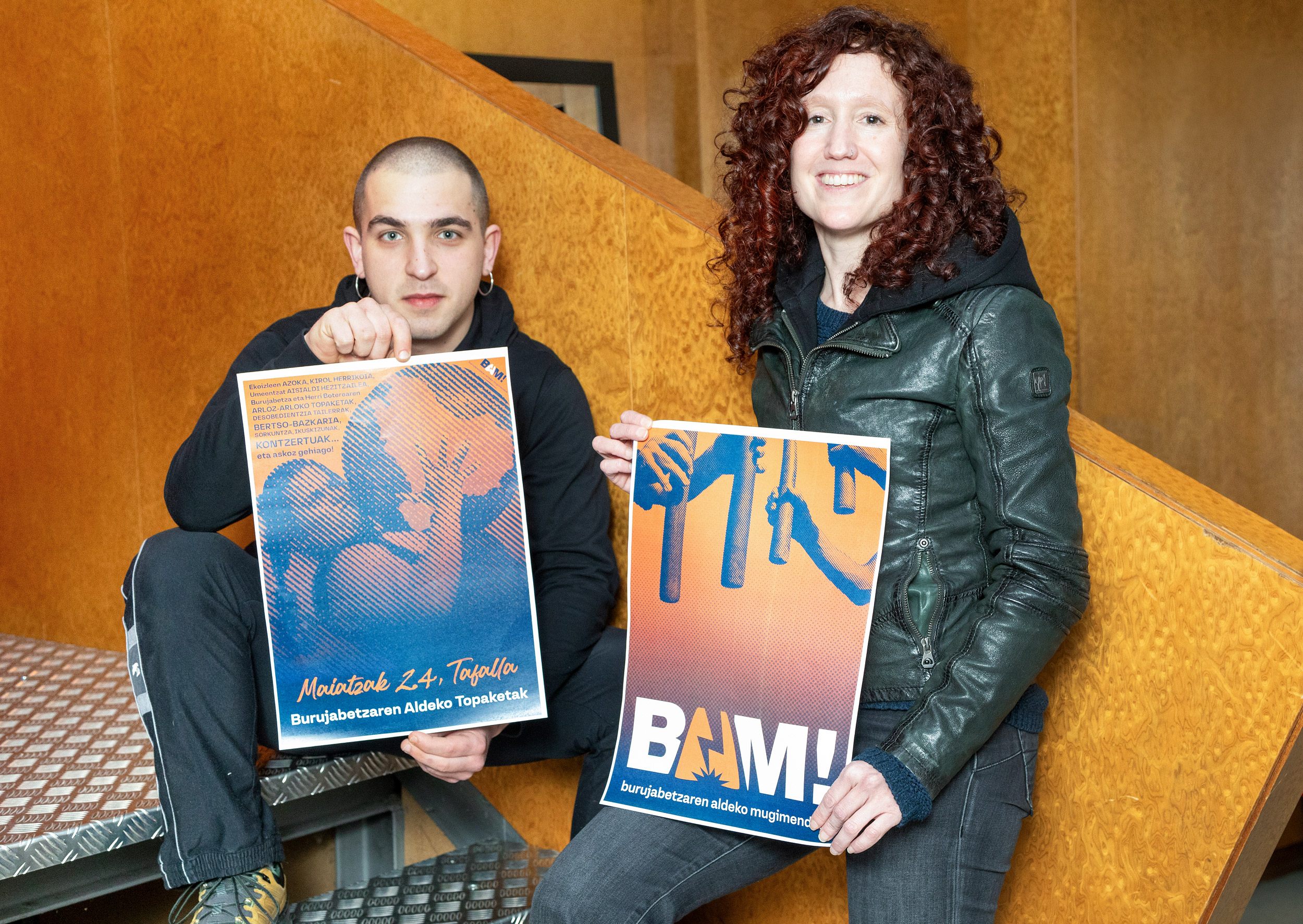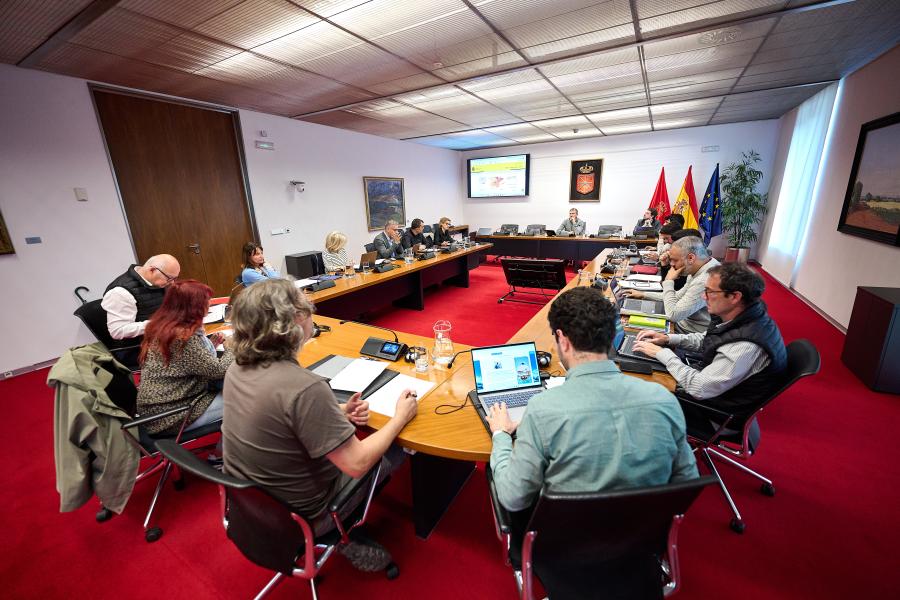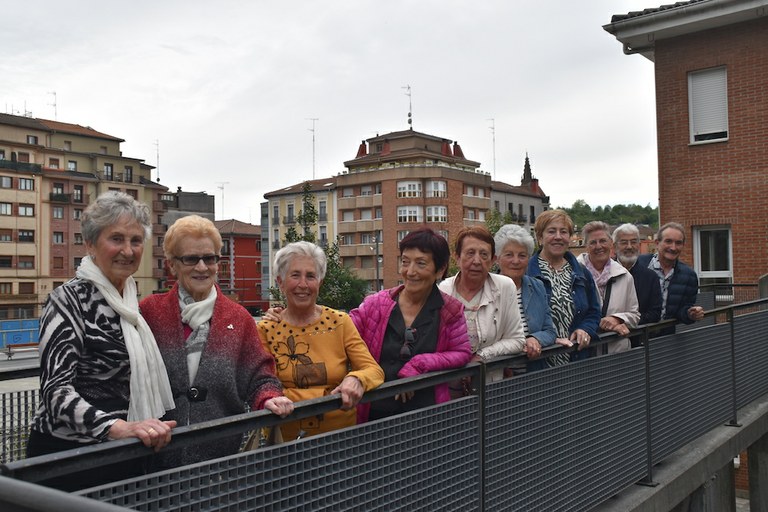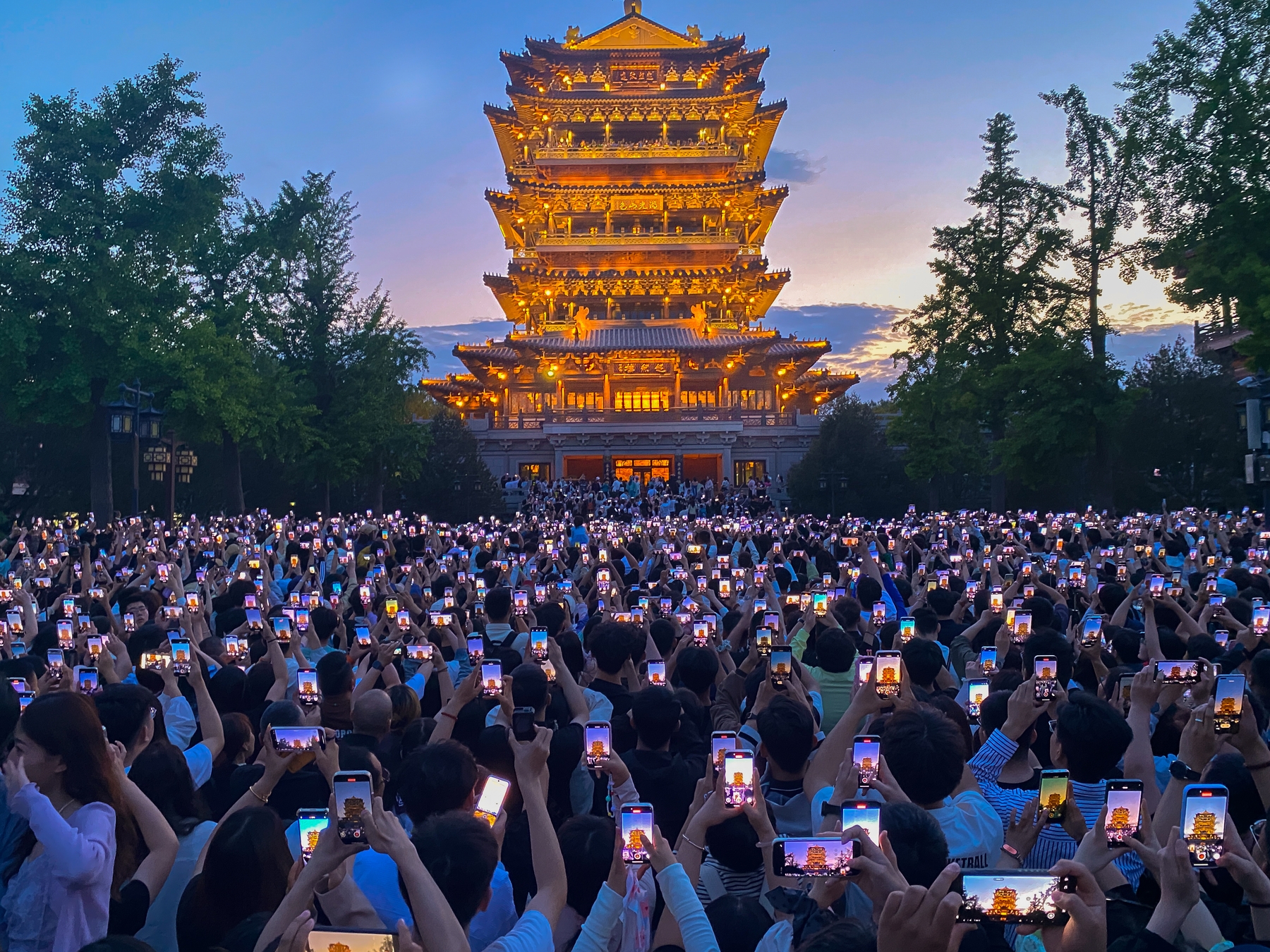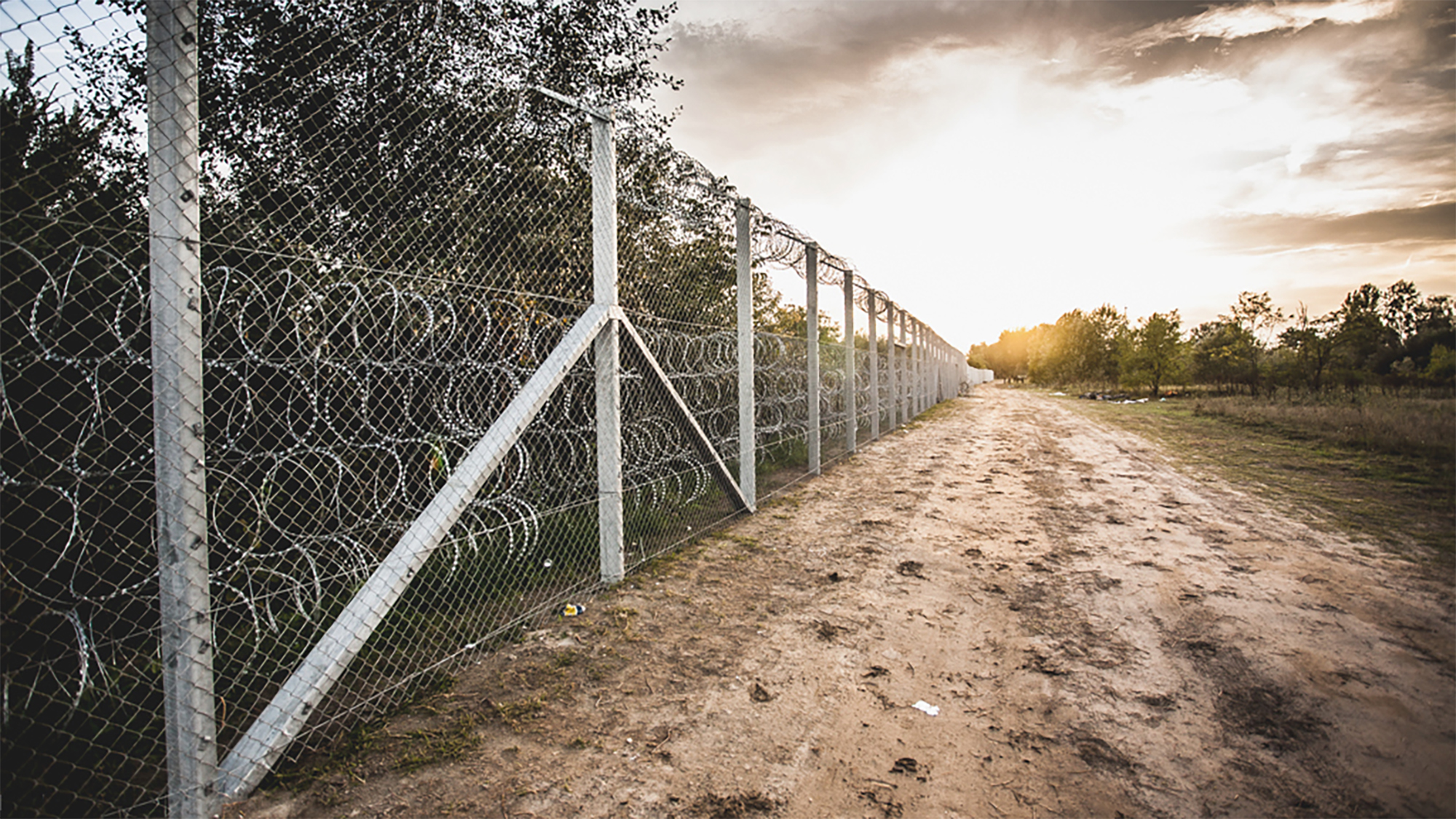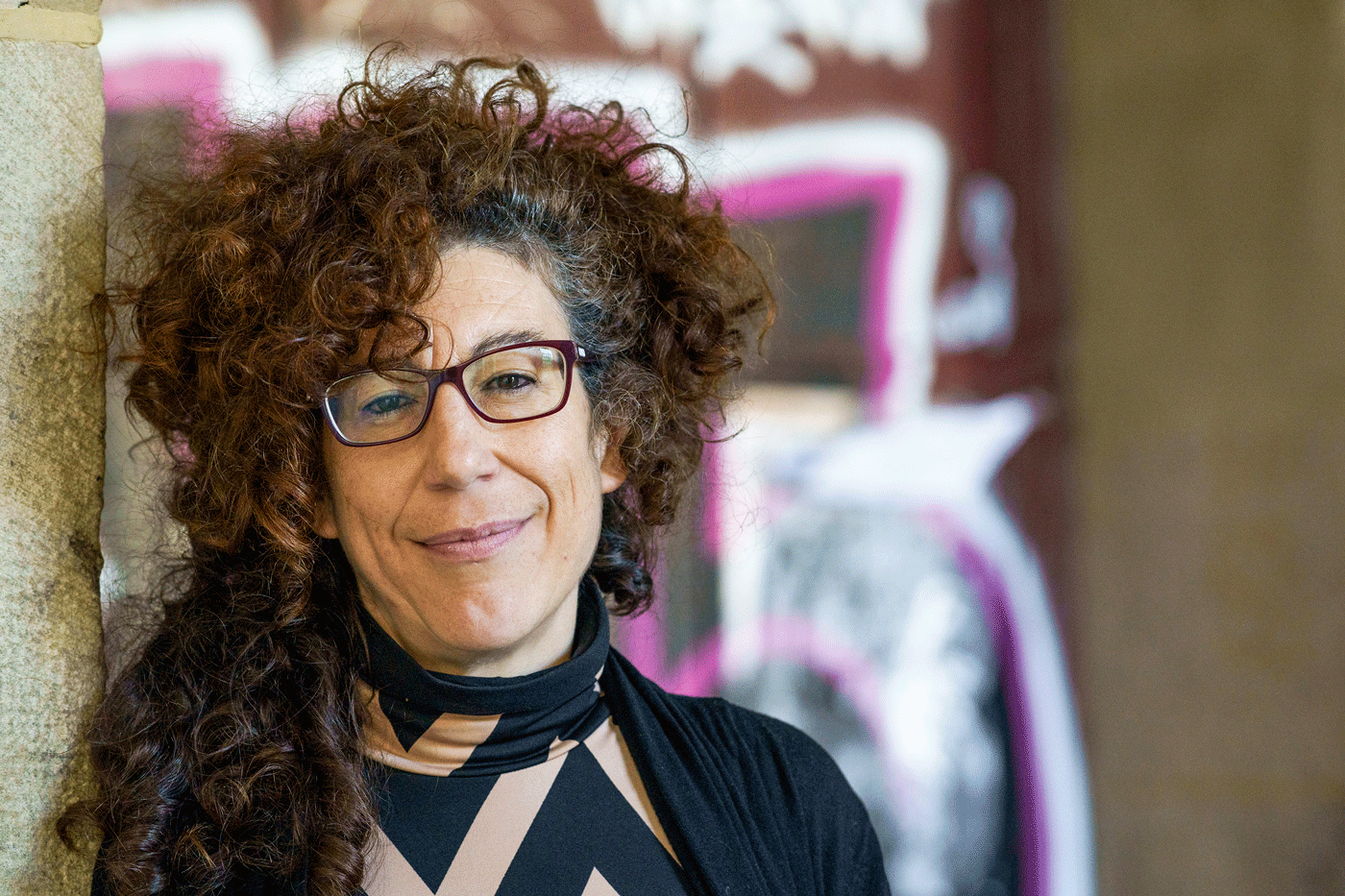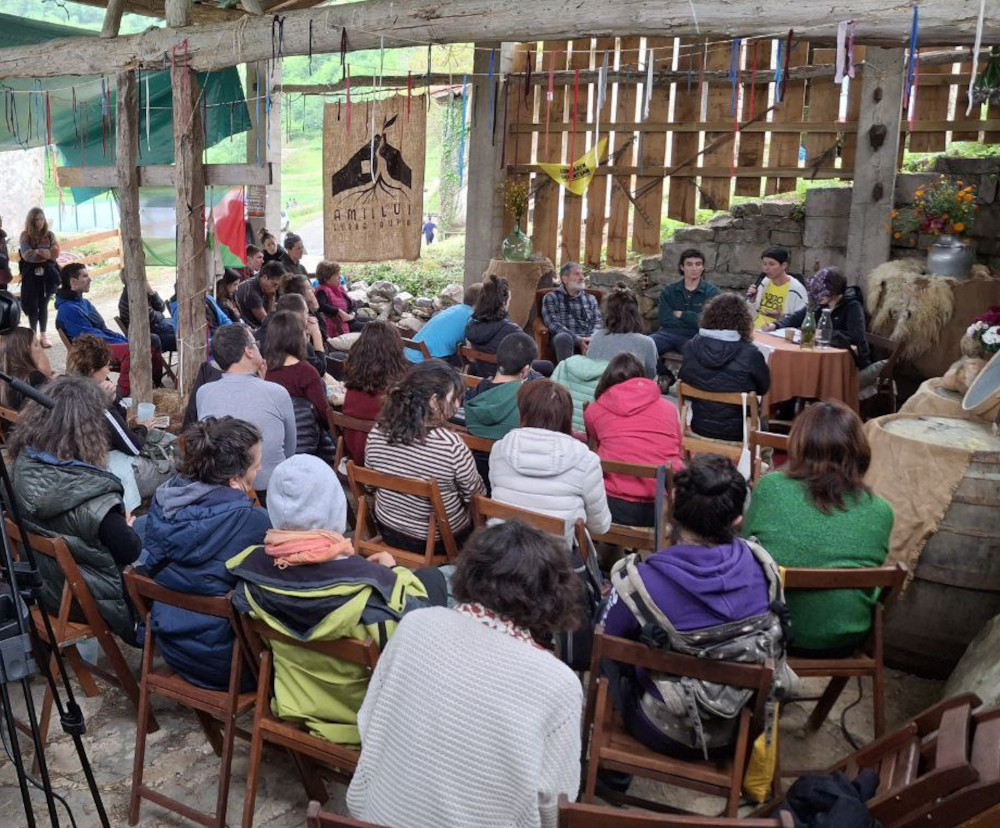Why are we not able to keep attention?
- 80% of workers do not last for an hour without losing their attention and 20% are distracted every ten minutes. The lack of concentration is not only the fault of mobiles and the multitude of technological stimuli, but also of food, pollution and the basis of our lifestyle.

The results of a study published this summer with 1,200 workers reflect the current reality: the loss of ability to concentrate for a long time on a single action. Great tasks and apprenticeships require a great deal of time and attention, and if we do not have the ability to maintain attention, we also lose the ability to achieve great challenges and goals. In fact, the brain is prepared to think about one thing, but we think we're able to do between six and seven things at a time, or to combine what we're doing with other interactions, the brain has to juggle from one side to the other, and at the end of the day we do those tasks worse, we don't hold them or memorize them properly, it's worse for creativity and we end up getting more tired (and more angry). Interview with experts on the topic Up and collect the conclusions in a book: The value of care.
The need to grasp everything and to respond to all the calls and messages that come to us, to interrupt what we're doing, leads to cognitive degradation, affects our brain. The reason for these interruptions is the mobile phone often, as we are used to continuous stimuli, many social networks and technological applications are designed to attract our attention from one short content to another. Furthermore, if messages are received, we often feel obliged to respond instantly, as it seems that we have to be in a position to respond for twenty-four hours. Fortunately, the right to digital disconnection is gradually being regulated in more territories.
The need to address everything and to respond to all the calls and messages that come to us, to interrupt what we're doing, leads to cognitive degradation, affects our brain.
Rest is important and fatigue also affects attention, stress does not help concentration, it is like living in an alert situation, in which pollution and food have an effect, says the writer. Having breakfast sugary cereals, for example, fill the brain with glucose and at the time (when school starts) all the energy and glucose is lost; the influence of processed foods on the ability to concentrate…
The author makes proposals for recovery of care (limiting mobile use or eliminating applications such as immediate change in care), but makes it clear that there is a whole system in the opposite direction, against our capacity for concentration (technological industry that promotes dependency, food industry, philosophy in workplaces, polluting companies…).
Hate Algorithm
The author makes a curious reflection in the interview of El Secreto. We know that mobile algorithms and apps and social media are designed to get us glued to the screen, and what happens is that the unpleasant things that scare us or get us angry are what the algorithms of today most offer us. In other words, current algorithms incite hatred. On a larger scale, the writer says that this practice is dominating society and politics, that the megaphone is given to people who promote hatred and those who want to ignite fire, and that's why we live in part the sociopolitical landscape that we have.
It's easier than pleasant things that frighten or enrage our attention, so today's algorithms give us it mostly.
Mireia Centeno Gutierrez psikopedagogoak haurren elikaduraren inguruko zenbait gako eman ditu; hala nola jatera behartzeak eta jakiak debekatzeak dituen ondorioak aipatu ditu.
Historically, a court of the Spanish Monarchy passed the following resolution: "The officers in charge of the custody of Iratxe Sorzabal applied electrodes to force him to testify, which constitutes a flagrant violation of his fundamental human rights." In other words, after the... [+]
Like all Mariokers, I was thirsty for references in my adolescence, in the process of admitting that I was bisexual, and I found some rare ones: Skin, singer of Skunk Anansie (among them I didn’t know she was bisexual, but the radar worked for me), Beatriz and the celestial... [+]
2023ko abenduan notizietara salto egin zuen Gernika-Lumok: bertako saskibaloi entrenatzailearen kontrako salaketa bat zegoen sexu eraso jarraituak egitearren. Sare Feministaren izenean, zurrunbilo mediatikoan murgildu zen Apraiz.









